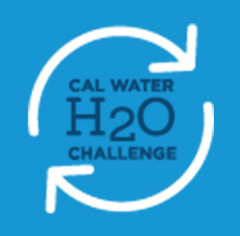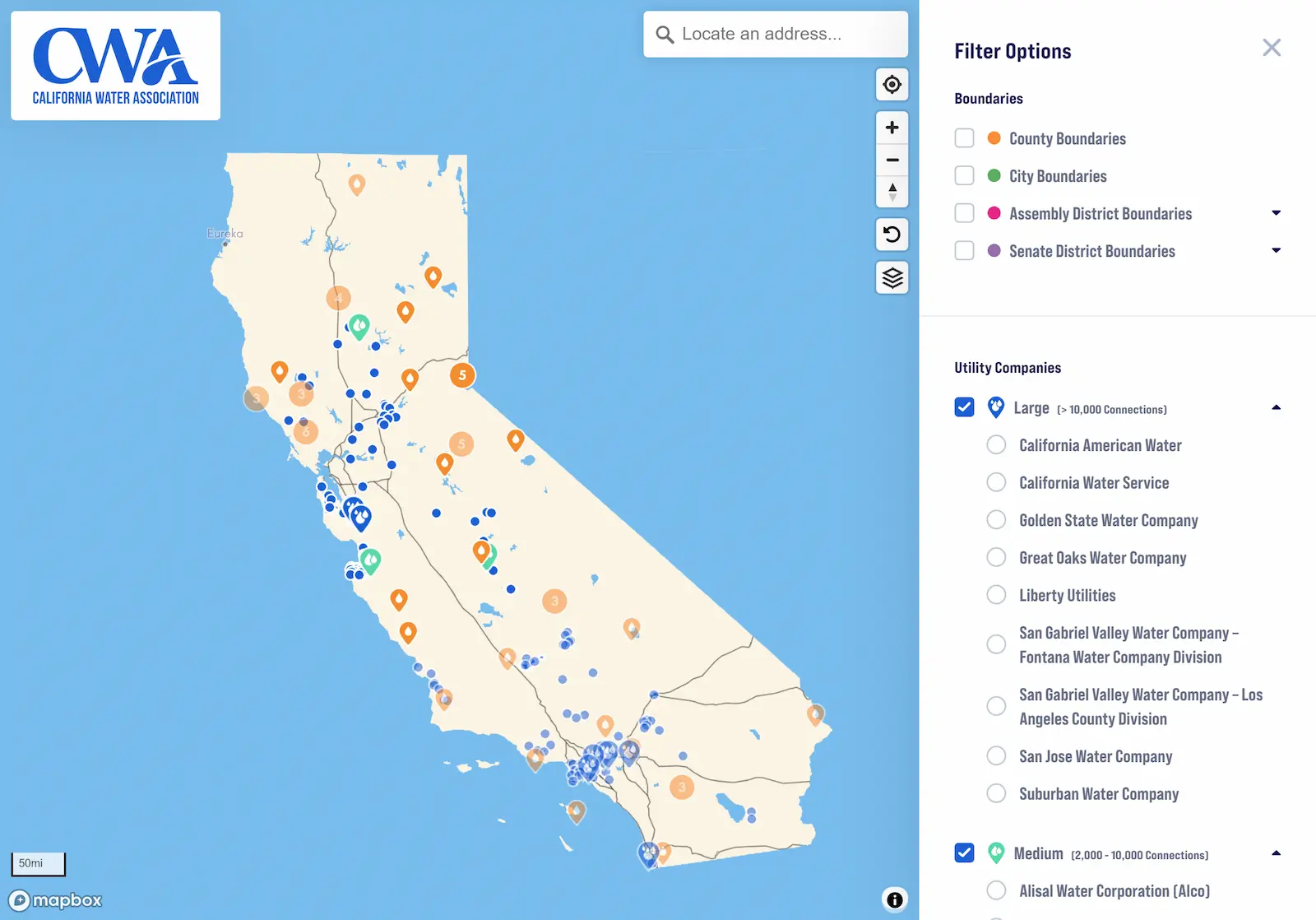The California Public Utilities Commission (CPUC) issued a decision on June 9, 2016, approving pilot programs by Pacific Gas and Electric Company (PG&E), Southern California Gas Company (SoCalGas) and Southern California Edison Company that will test the impact of joint delivery of energy and water data to customers via Advanced Metering Infrastructure (AMI) on energy and water saving behaviors. An additional pilot program was approved for San Diego Gas & Electric Company that will explore technical issues associated with shared use of the energy utility’s AMI communication network. The decision also established the funding and cost-recovery method for pilot costs and the evaluation requirements.
In its comments on a previous decision in the CPUC’s ongoing water-energy nexus rulemaking, the California Water Association (CWA) asked the CPUC to add approval of AMI installations to the scope of the water-energy nexus proceeding. CWA contended that as a result of the governor’s mandate to reduce statewide water consumption and the State Water Resources Control Board’s emergency regulations requiring per-utility conservation targets, there’s an immediate need to provide customers with real-time information on their water consumption. This, in turn, created a potential for water and related energy savings.
While the CPUC has approved deployment of smart electricity and gas meters, it has yet to approve smart meters for CPUC-jurisdictional water utilities, which will mark the beginning of AMI system deployment for investor-owned water utilities (IOUs). The main components of the AMI system are meters, communication networks and data-management systems, which will measure and store customer usage at hourly or finer intervals, to assist customers in leak detection and/or real-time drought management. Additionally, the system includes a communication network between meters and the neighborhood data-collection unit, which is connected to the data-management systems at the utility data center.
One of the pilot programs evaluates water, electric and gas use of a residential sector comprised of approximately 10,000 overlapping customers in PG&E’s and East Bay Municipal Utility District’s (EBMUD) service territories. Of the targeted households, up to 5,000 will receive smart water meters that communicate usage data via EBMUD’s existing and expanded AMI network. Households receiving the meters will represent a diverse population and climate across EBMUD’s 330-square-mile service territory.
PG&E and its research partner, the Center for Water Energy Efficiency at the University of California, Davis, will collect primary data on water, electricity and gas use in the selected households to determine where a measurable, positive correlation exists between behavior-based water conservation and energy conservation.
In a second pilot, SoCalGas is partnering with CWA member, San Gabriel Valley Water Company (SGVWC), and Valor Water Analytics to gather and transmit data from water meters over the existing SoCalGas network to a server hosted by Aclara, SoCalGas’ AMI technology vendor. The pilot will cover 1,000 meters for SoCalGas’ and SGVWC’s joint customers. The pilot includes an analytics component for identifying and evaluating potential hot-water leaks.
Valor Water Analytics will perform the analysis necessary to quantify the benefits of using combined AMI data and assess how data integration will allow utilities to address water losses, enhance conservation efforts, increase energy savings and reduce greenhouse gas emissions to a greater extent than just the data analytics from one AMI utility source.
The information in this article is drawn from the CPUC’s decision D.16-06-010.





